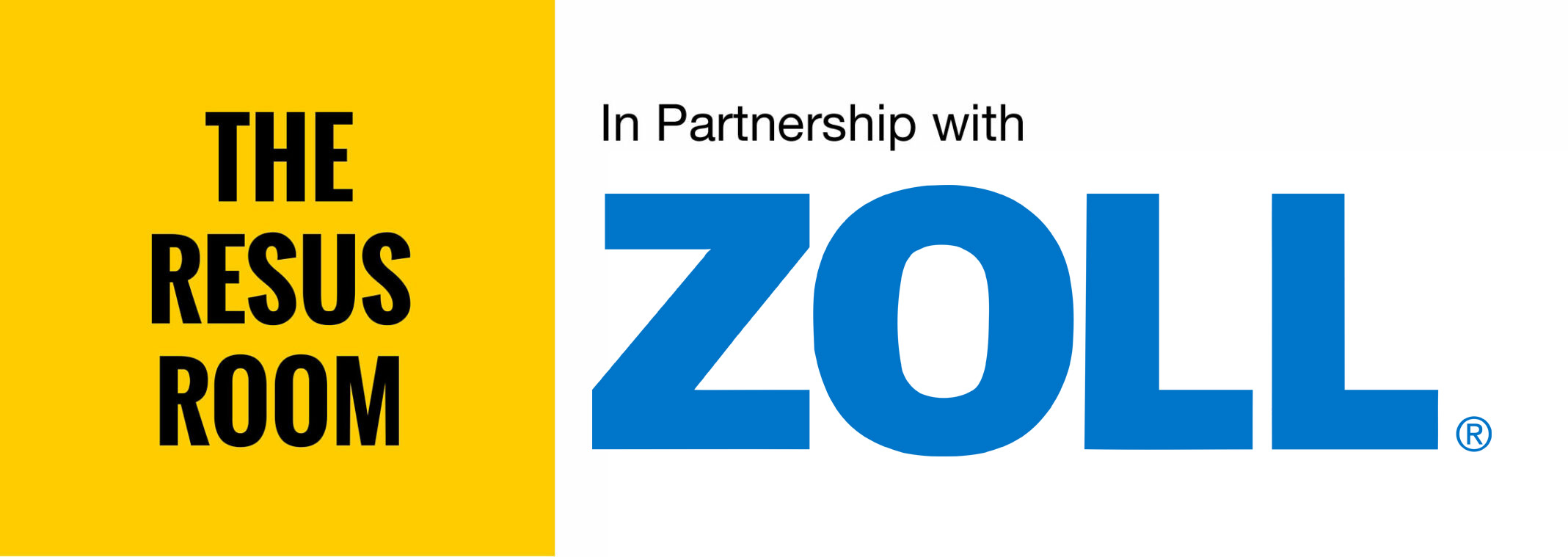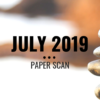Stroke is a common presentation to all Emergency Helath care providors, with around 150,000 strokes occurring in the UK each year! Our impact and treatment can be hugely significant and in this podcast we’re going to conver the topic in some depth, and importantly cover some of the new Guidance published by NICE in their ‘Stroke and transient ischaemic attack in the over 16’s diagnosis and initial management’ document that was published in May of this year.
We’ll be running through
- Definition
- Pathophysiology
- Territories
- Risk factors
- Assessment; both prehospitally and in hospital
- Stroke mimics
- Investigations
As always we’d love to hear any thoughts or comments you have on the website and via twitter.
Enjoy!
References
RCEMLearning; RCEM Belfast Vertigo
Acute Stroke Lecture notes; LITFL
Are you at risk of a Stroke; Stroke Association
Modifiable Risk Factors for Stroke and Strategies for Stroke Prevention.Hill VA. Semin Neurol. 2017
A systematic review of stroke recognition instruments in hospital and prehospital settings. Rudd M. Emerg Med J. 2016
Acute Stroke Diagnosis. Kenneth S. Yew. Am Fam Physician. 2009





Just on the point about Hints exam not being in the nice guidance, it does show up in the nice guidance on suspected neurological conditions under vertigo.
“For adults with sudden-onset acute vestibular syndrome (vertigo, nausea or
vomiting and gait unsteadiness), a HINTS (head-impulse–nystagmus–test-of-
skew) test should be performed if a healthcare professional with training and
experience in the use of this test is available.”
I suspect future arguments will come from if EM physicians count as trained and experienced in the use of Hints.
great podcast very informativethankyou